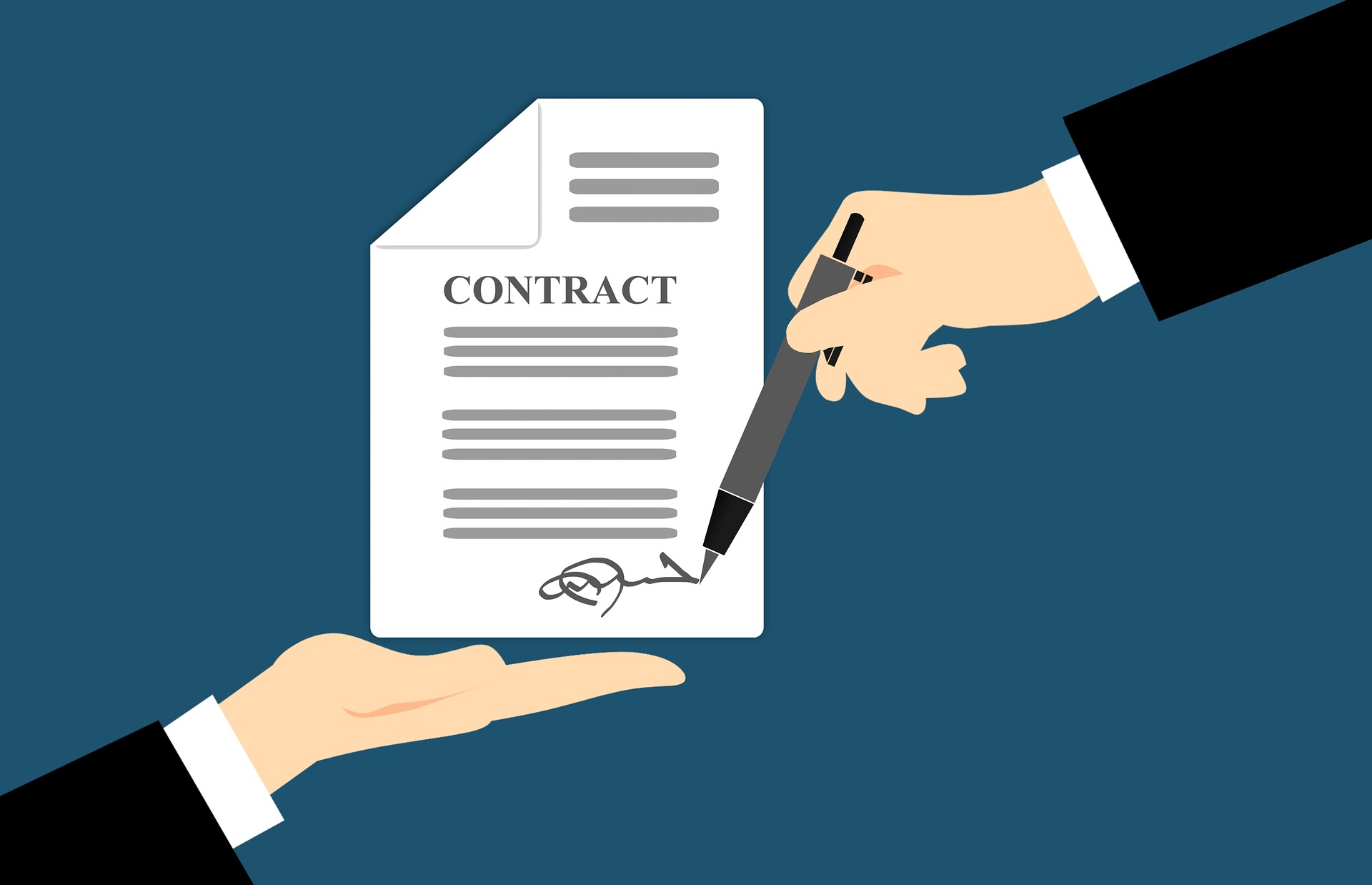Businesses enter into contracts with the expectation that the terms of the contract will be fulfilled. Yet contract parties often fail to perform according to the letter of the contracts that obligate them to perform. North Carolina’s legal system offers a remedy for parties who have been hurt by a failure to respect a contract. This blog post will provide a quick overview of what happens when a breach of contract is alleged.
Let’s say one party makes a contract to purchase a load of lumber to be delivered on Monday morning. Monday morning rolls around and the seller arrives with the lumber. The buyer inspects it and sees that the agreed-upon amount and quality of lumber is there. The buyer then tenders the agreed-upon amount of money to the seller. The contract has been satisfied and no breach of contract has happened.
If one or more contract conditions are not fulfilled, however, the contract is said to be breached. So if the seller arrives later than Monday morning or does not bring the agreed-upon amount and quality of lumber, the seller has breached the contract. Similarly, if the buyer does not provide the agreed-upon amount of money, the buyer has breached the contract.
Just because a contract has been breached does not mean that the non-breaching party will win a lawsuit against the breaching party. North Carolina business law requires that breaches be material in order for the non-breaching party to have a viable claim. For example, if our buyer does not plan to use the lumber until Tuesday and does not stipulate that time was of the essence in the contract, a court may determine that it is not a material breach if the lumber is delivered Monday afternoon.
Revolution Law Group is located in Greensboro, NC, and serves individuals and small businesses throughout the Triad and surrounding areas. To contact us please visit Revolution.law or call 336-333-7907.
The information included here is for informational purposes only, is not exhaustive of all considerations when creating documents, is not intended to be legal advice, and should not be relied upon for that purpose. We strongly recommend you consult with an attorney and do not attempt to create your own documents.

